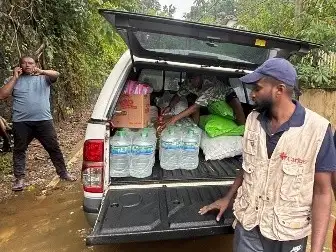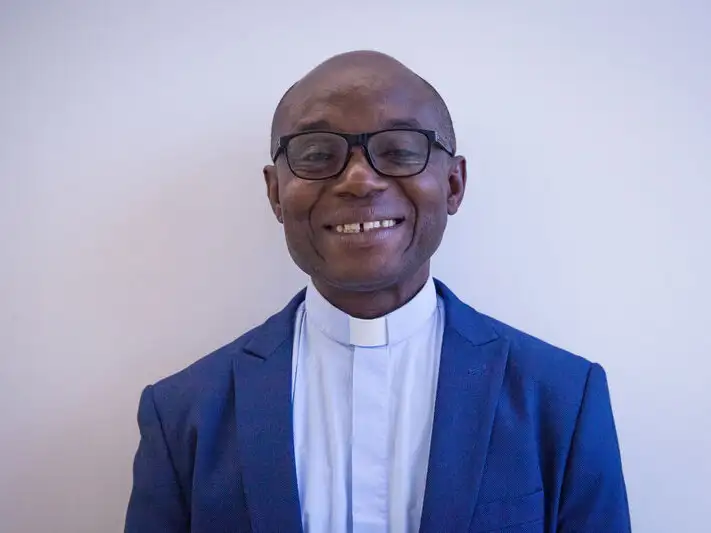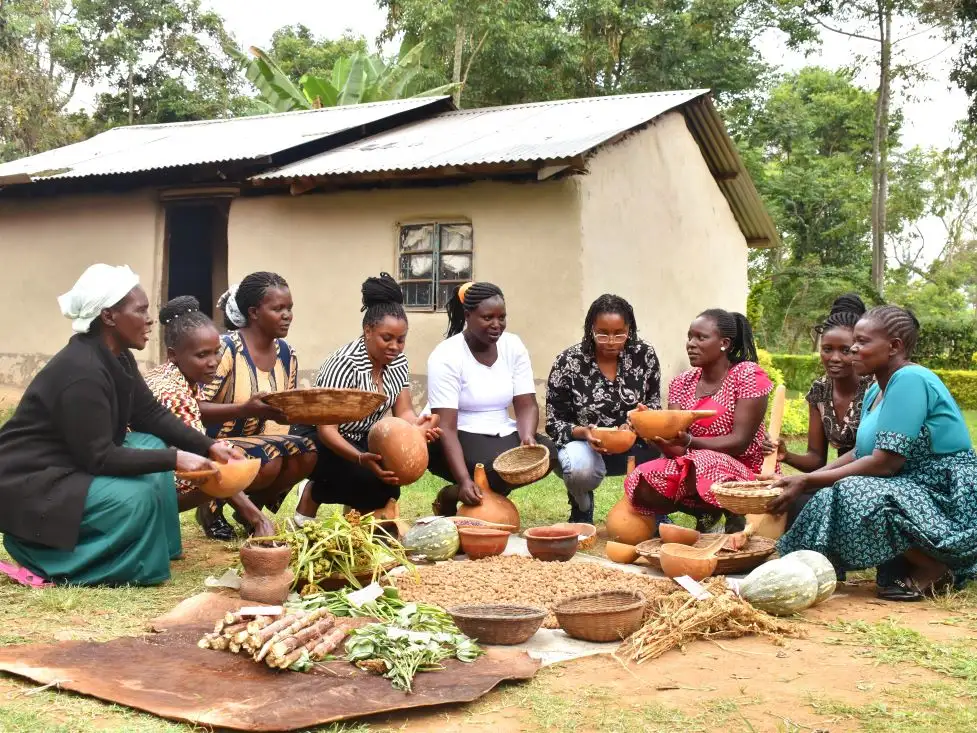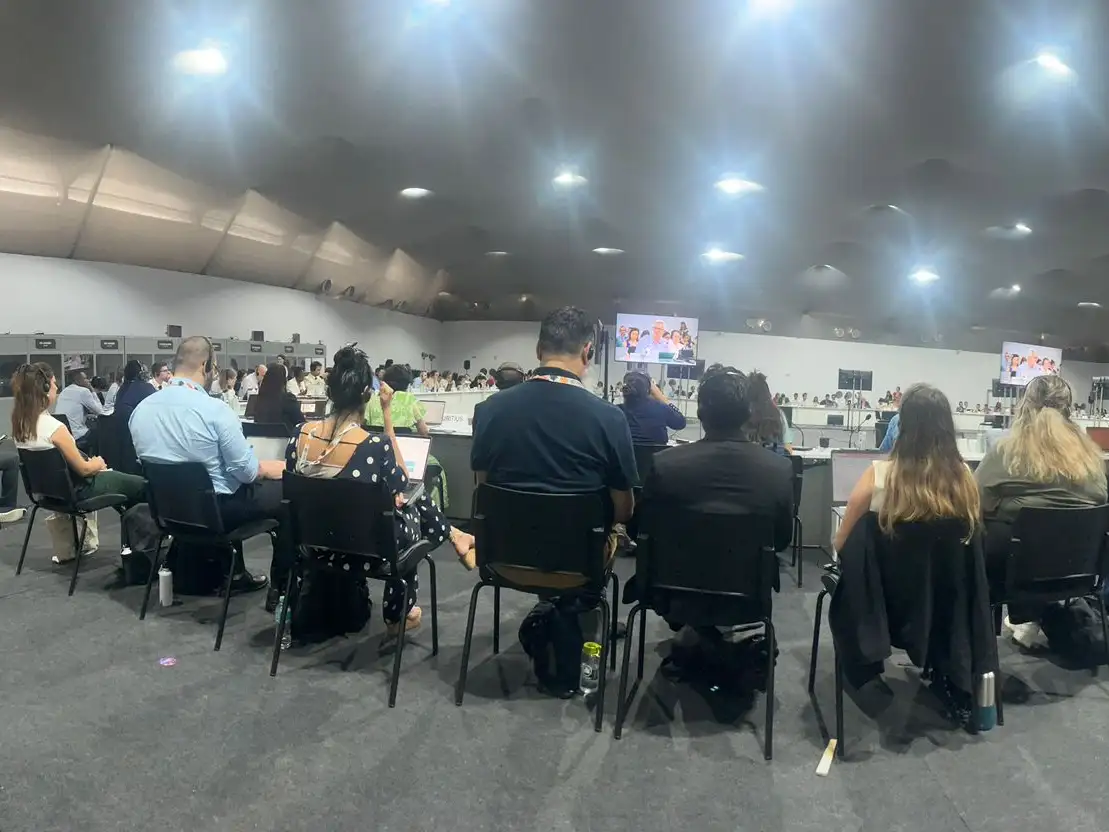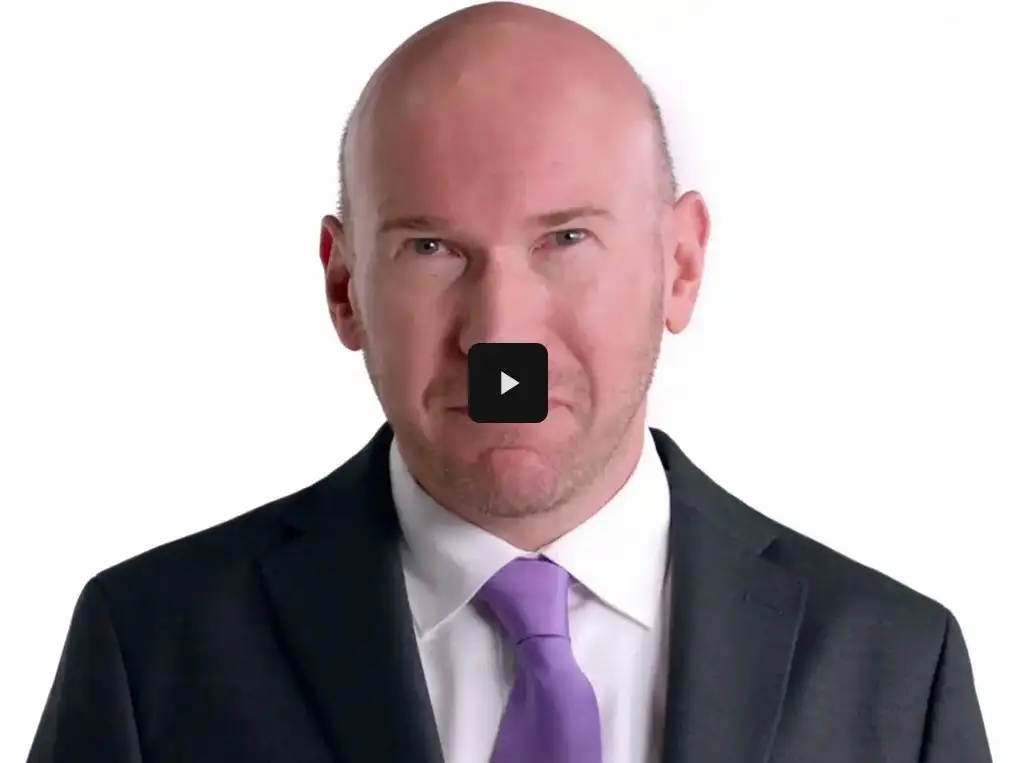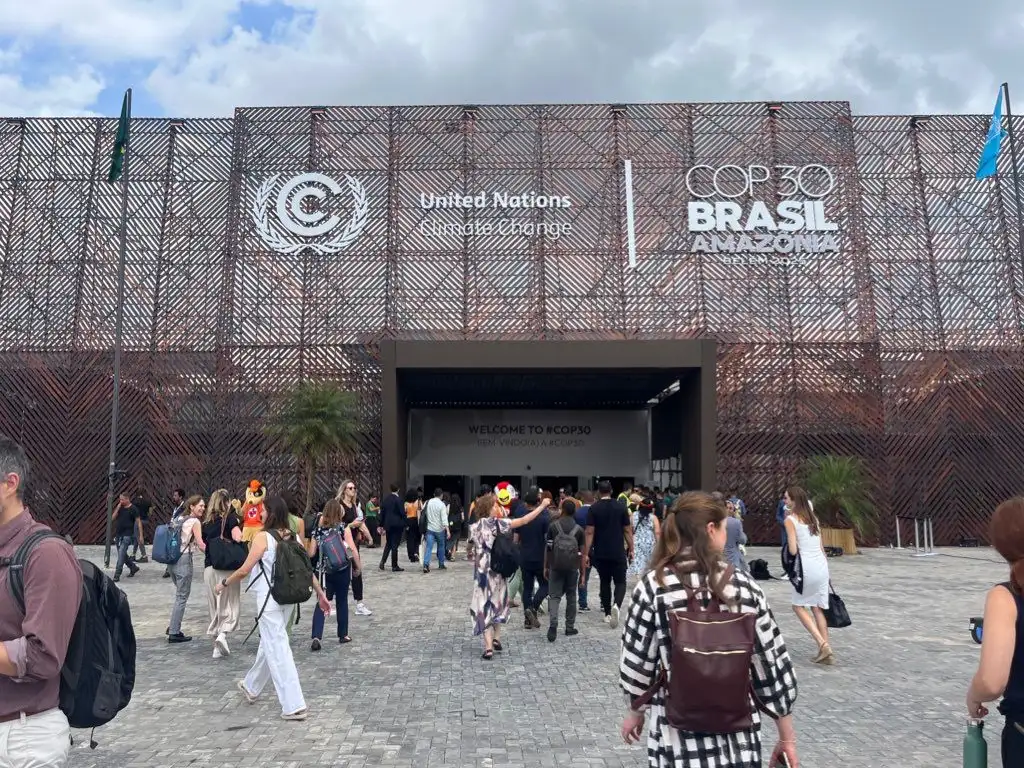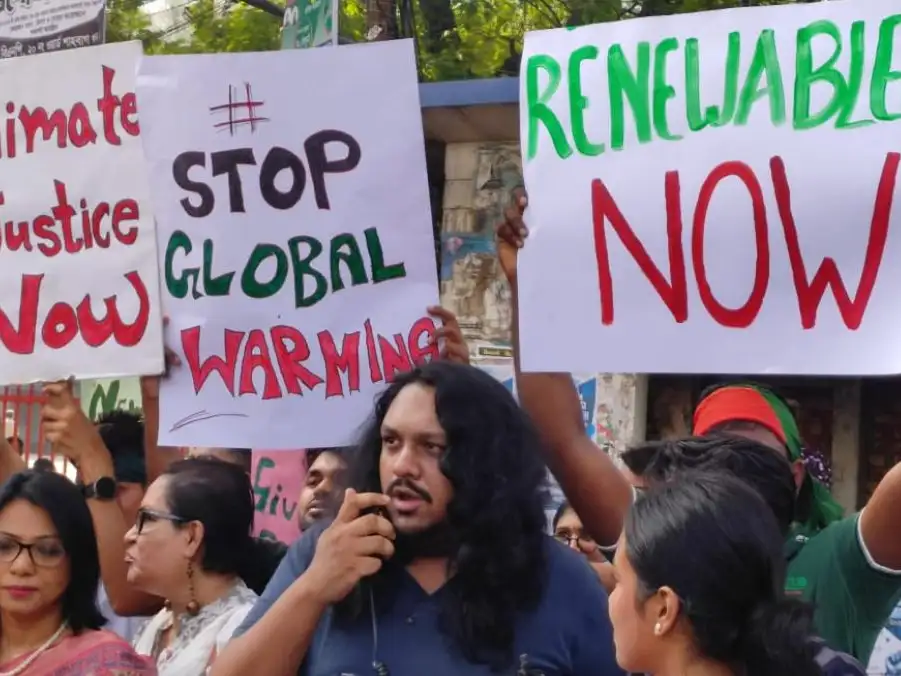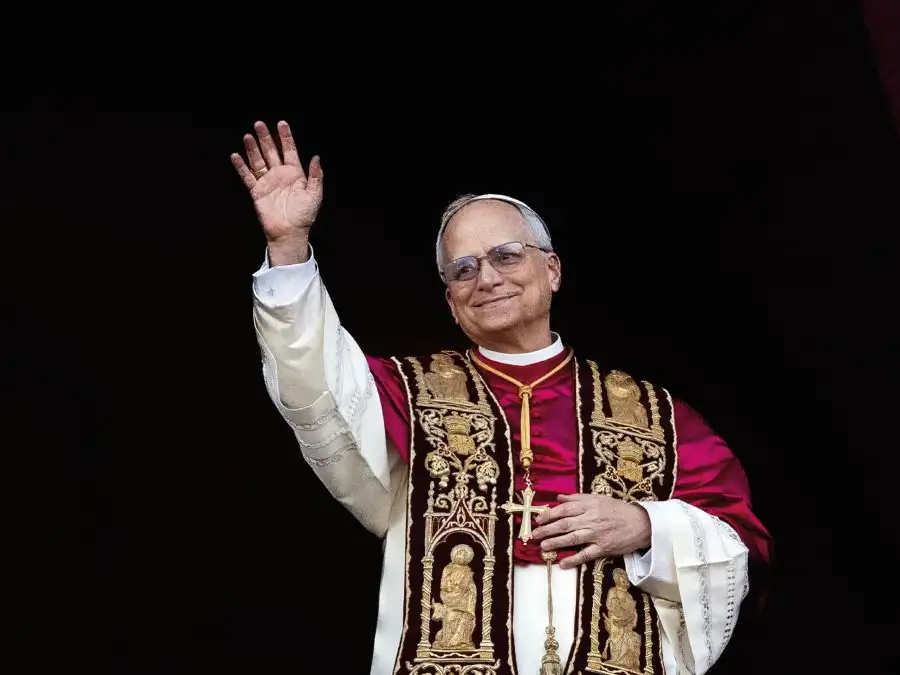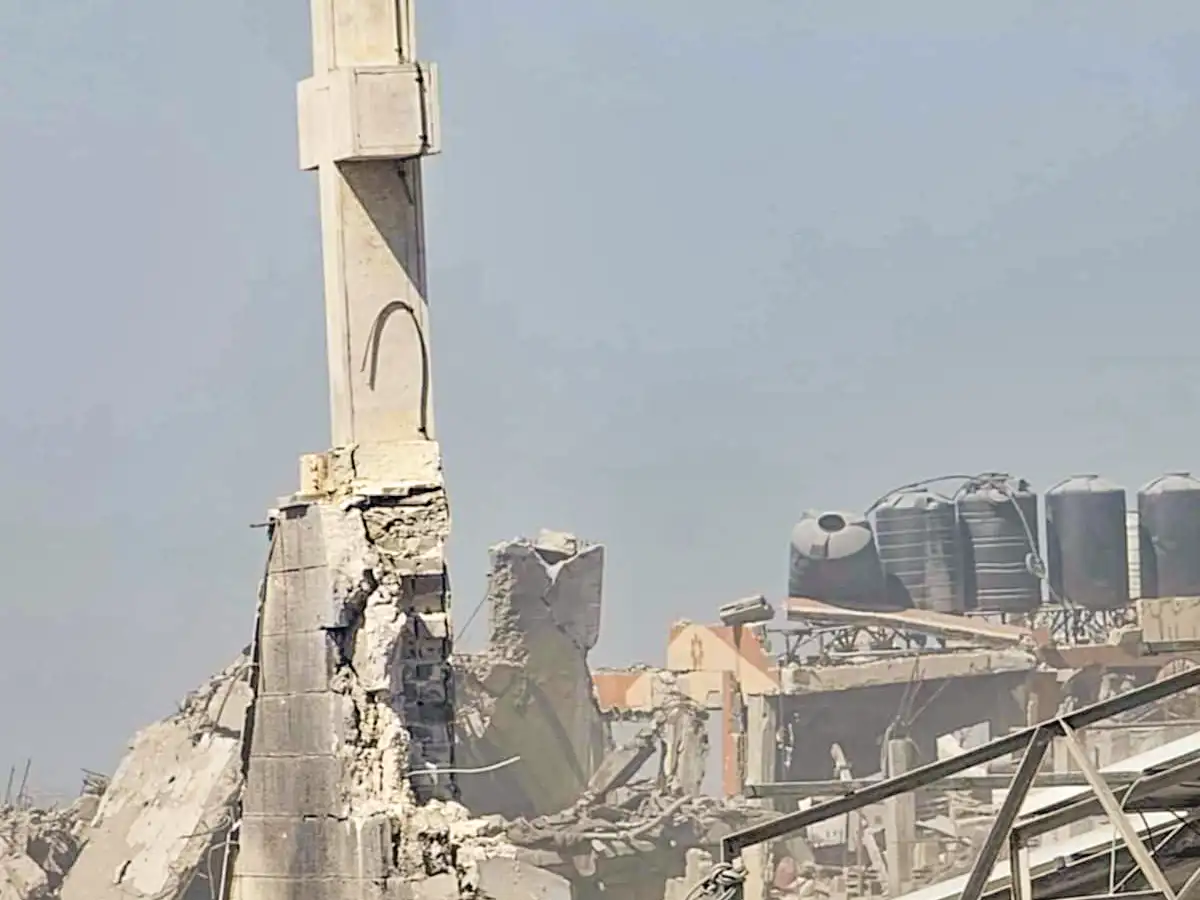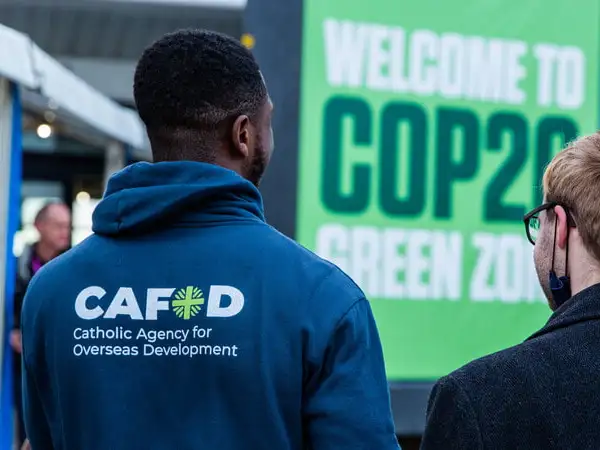

Some progress was made at COP26, but too many decisions were kicked down the road to COP27
As the COP27 talks start, we go back a year and look at the outcomes from when world leaders met in Glasgow for the UN climate summit in 2021 – COP26.
Thousands of CAFOD supporters joined millions of people around the world demanding action to tackle the climate crisis as governments travelled to Glasgow.
And while some progress was made at COP26, too many decisions were left to be discussed at COP27.
COP26 left 1.5C on 'life support'
Countries committed as part of the Paris Agreement to pursue efforts to keep global temperature rises below 1.5C – the threshold for limiting the scale of catastrophic damage the climate crisis will cause, especially for communities around the world most vulnerable to its impacts.
People in those communities and campaigners worldwide demanded that leaders come to Glasgow for COP26 with commitments that would cut emissions urgently and deeply enough to put the world on track to keeping temperature rises below 1.5C.
Governments failed to this and instead agreed that countries would make new commitments ahead of COP27 – known as ‘nationally-determined contributions’ – for achieving this goal.
Even still, too few countries have set out new emissions pledges on the eve of the Egypt summit, leading the UN to warn temperatures will rise well beyond the 1.5C target given current commitments and the real-life policies governments have in place for achieving them.
Action on fossil fuels
Campaigners ahead of COP26 called for the fossil fuels responsible for driving temperature rises to be consigned to history.
The Glasgow Climate Pact was the first COP agreement, or ‘cover decision’, to explicitly reference the need for the world to move away from fossil fuels.
A last-minute change in the text watered down what would have been a commitment to “phase-out” coal power and instead spoke of the need to “phasedown” coal, but a signal was still sent that world’s direction of movement is heading away from fossil fuels.
A number of commitments made outside the formal COP process also showed fossil fuels are falling out of favour. South Africa was promised support by the USA, UK, France, Germany and the European Union to speed up its transition from coal power to a “clean energy economy”, while dozens of countries reiterated pledges or committed for the first time to “end all investment in new coal power generation domestically and internationally”.
Rich countries failed to deliver money pledged
Rich governments had promised to provide at least $100bn by 2020 each year in ‘climate finance’ to support developing countries hardest hit by the impacts of the climate crisis.
Even though COP26 was delayed by a year and took place in 2021 as a result of the Covid-19 pandemic, rich countries still failed to meet this pledge, noting this failure “with deep regret” in the introductory passage to the Glasgow Climate Pact.
Governments pledged to “significantly increase” financial support in the coming years and to agree a new goal for the amount of climate finance to be provided by 2025. This included a commitment to double the amount of money spent assisting countries to better cope with disasters and damaged caused by the climate emergency.
Countries that have historically polluted the most failed to set up a ‘loss and damage’ fund demanded by countries that have polluted the least but which are being hit the hardest by the climate crisis. This is a demand that will be made even more loudly at COP27.
What needs to happen at COP27?
With the effects of the climate emergency becoming even more stark in the months since leaders left Glasgow, the need for negotiators at COP27 to finally agree to set up and contribute to a loss and damage fund has also become more urgent.
More action must be taken to show the fossil fuel era is coming to an end. The UK government has a responsibility to reiterate its commitment to stop supporting any more fossil fuels overseas and to stop backing fossil fuel projects within the UK itself, including licences for more oil and gas exploration in the North Sea.
Leaders at COP27 must also pledge to take steps to fix our broken food system. This means committing to reduce emissions generated by intensive agriculture and by providing funding for low-income countries to make food production and local supply chains more resilient to the impacts of the climate crisis.


